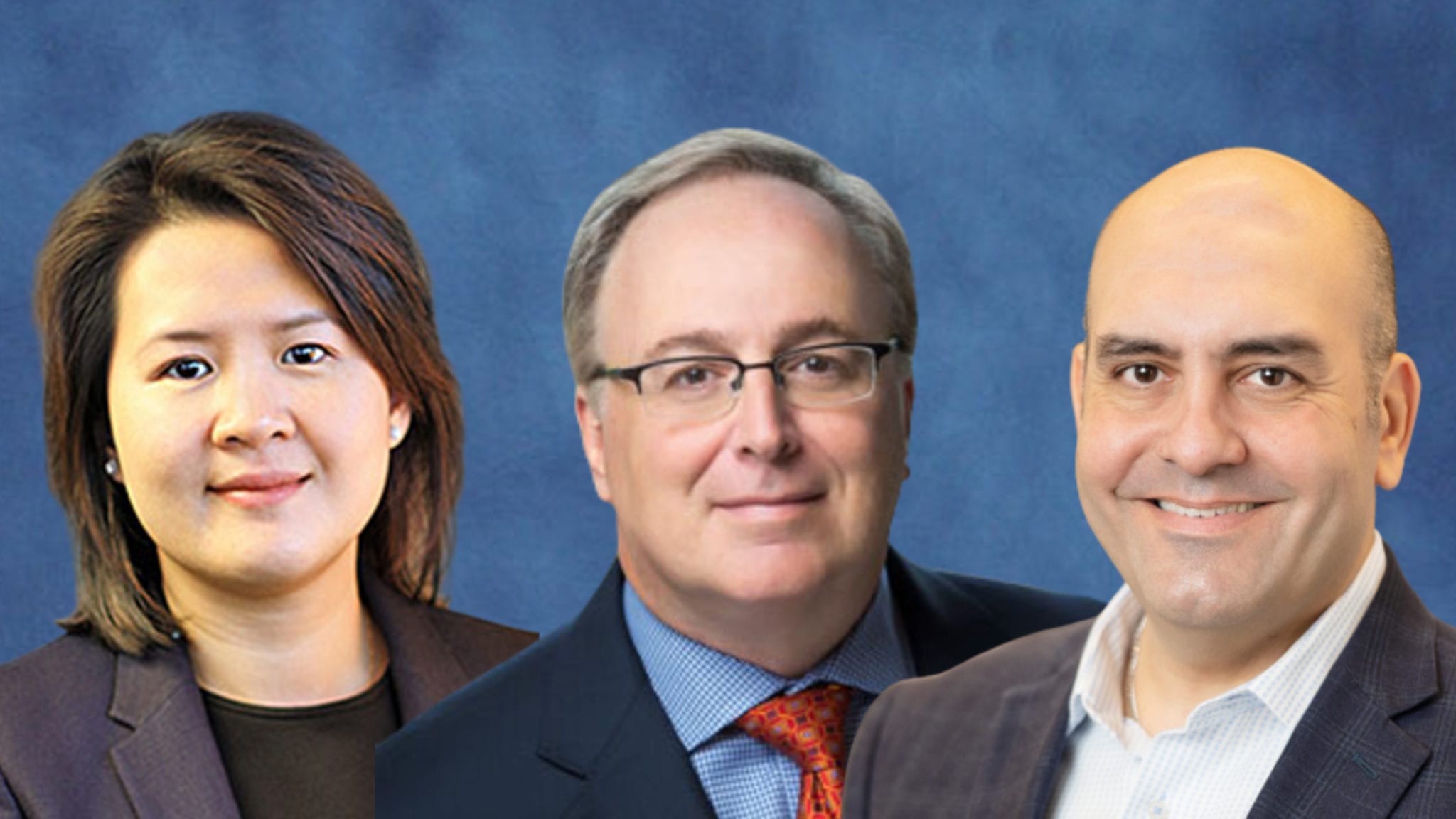
Theresa Heah, Kevin Slawin, Chris Garabedian (AsclepiX)
Better than Eylea, as durable as gene therapy? Perceptive, Xontogeny boost ophthalmic startup's shot for best of all worlds
What’s the biggest breakthrough in the ophthalmology space since Lucentis and Eylea?
Novartis’ Beovu, launched last November for wet age-related macular degeneration, has been …
Sign up to read this article for free.
Get free access to a limited number of articles, plus choose newsletters to get straight to your inbox.